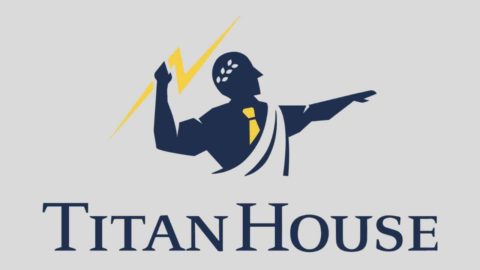Reducing employee turnover rates starts at the hiring process. And a quality hiring process for salespeople must include a personality assessment.
Why Pre-Employment Personality Assessments Work
Sales success is dependent on a lot of behavioral characteristics that don’t come through in a resume. That’s where personality assessments (or behavioral assessments) come in. These tools can identify important data that will indicate whether the candidate is the right fit for the specific job you are hiring for.
1. Identify the right characteristics to surface your ideal candidates
How many hours and resources do you spend on hiring, only to find out the candidate you choose is not suitable for the role?
For example, the qualities that make a for a successful Account Manager are not the same for a Business Development Representative. They are both sales positions, but they require distinct personality characteristics that determine success. Individuals who rank higher in areas like extroversion, for example, may be better suited for reaching out to new prospects and delivering the first pitch. Others may prove more reliable as long-term renewal business reps who can build strong customer relationships.
Personality assessments can help you identify the key attributes in a candidate’s personality that would determine the best placement of a candidate. Despite a candidate’s prior performance, placing them in a position that works directly against their own personal inclinations will impede all areas of productivity and increase rep churn.
2. Improve your hiring process
When you have enough assessment data, you can now build benchmarks for hiring. It could help you develop an employee persona based on your most successful employees. This can significantly expedite the hiring process so you can fill posts faster. The more you know about the ideal personality profile for members of your sales team, the more effective you will be at retaining salespeople and reducing the costs of hiring.
3. Highlight coaching and training requirements
Some assessments can tell you what coaching and management techniques will work best for your new reps. With training and coaching suggestions, you can determine whether candidates will work on their own initiatives, or whether they need a highly structured learning environment. You can also determine how readily they will accept coaching and what communication style will have the biggest impact.
This information will show you how much work, training, and supervision will be required to make this candidate a success in your enterprise.
4. Reduce employee churn and hiring costs
An assessment can indicate a candidate’s likelihood for success. For example, the test results can highlight areas such as:
- The need for a strong team environment
- How they deal with social interaction
- Potential for working without direction
By taking the time to identify the right candidates upfront, you reduce your sales employee attrition rate, and reduce the costs associated with the hiring process.




